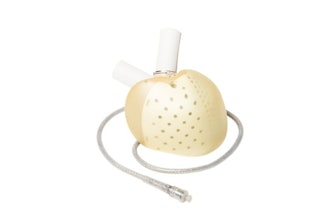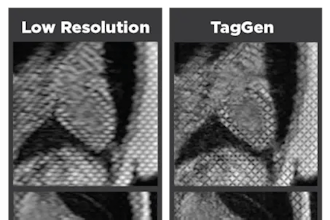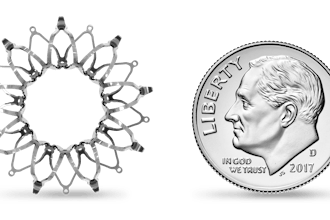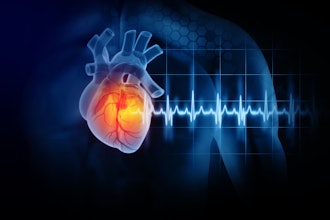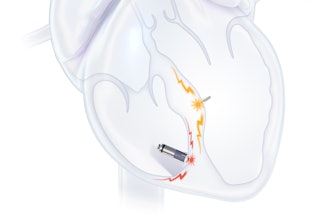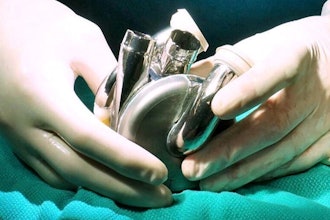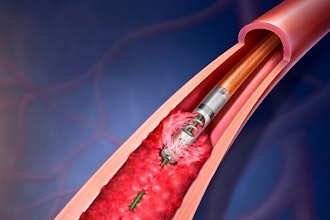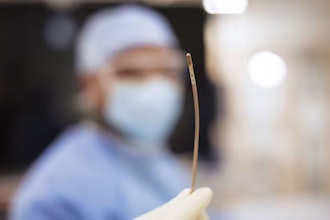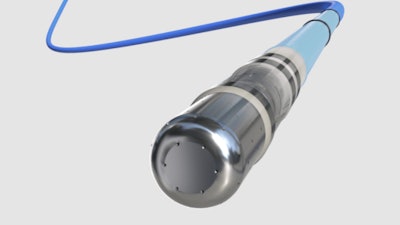
Biosense Webster, Inc., a specialist in cardiac arrhythmia treatment and part of Johnson & Johnson MedTech, announced the first patient cases with the investigational Dual Energy THERMOCOOL SMARTTOUCH SF Catheter took place as part of the SmartPulse pivotal study for treatment of paroxysmal atrial fibrillation (AFib).
The first procedures were performed by Dr. David Newton, Clinical Cardiac Electrophysiologist at Memorial Health University Physicians Heart Care and Dr. Andrea Natale, Executive Medical Director at Texas Cardiac Arrhythmia Institute, St. David’s Medical Center.
The Dual Energy THERMOCOOL SMARTTOUCH SF Catheter (Dual Energy STSF) is an investigational focal, contact force sensing catheter able to deliver both RF and PFA energy. The investigational TRUPULSE Generator provides both the RF energy and PFA energy to the catheter through the toggling of the two energy sources on the generator monitor. The catheter and the generator are integrated with the CARTO 3 Mapping System to enable accurate 3D visualization with minimal fluoroscopy for electrophysiologists (EPs) and their staff. Additionally, this platform integrates parameters such as contact force measurement and ablation indexes for RF and PFA which have proven in preclinical studies to be critical for lesion creation. With this differentiated system, Biosense Webster is giving EPs the tools and information they need in real-time.
SmartPulse is a prospective, single arm, multi-center, clinical evaluation that will enroll approximately 250 patients with paroxysmal AFib in the United States to evaluate the safety and effectiveness of the Dual Energy STSF Catheter.
In July 2023, Biosense Webster announced it completed enrollment of the SmartfIRE study that is evaluating the safety and efficacy of the Dual Energy STSF Catheter for the treatment of drug refractory symptomatic paroxysmal AFib in Europe.
Catheter ablation is a minimally invasive procedure performed by an EP to treat heart rhythm disorders, including AFib, by interrupting irregular electrical pathways in the heart by delivering either heat (RF ablation) or cold (cryoablation). PFA represents a new approach to treating AFib, utilizing a controlled electric field to selectively ablate cardiac tissue that causes the irregular heartbeat through a process called irreversible electroporation (IRE). Because the pulsed field energy is minimally thermal, IRE offers the potential to reduce the risk of damage to surrounding tissues including esophageal, pulmonary vein, and phrenic nerve injury.











